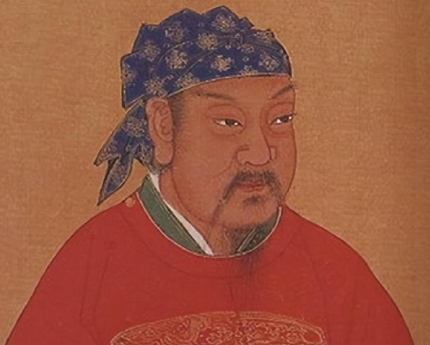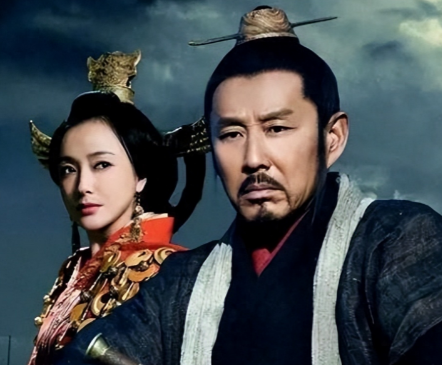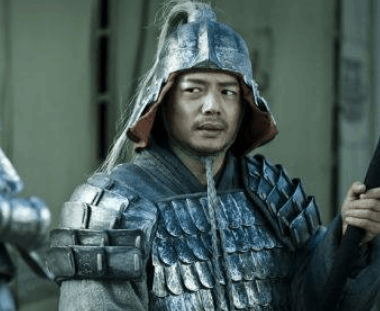Han Xin, an outstanding militarist and politician in the early years of the Western Han Dynasty, helped Liu Bang lay the foundation of the Great Han Empire with his exceptional military talent. At a critical moment of the Chu-Han War, after capturing Qi, Han Xin made a seemingly ordinary but profound request to Liu Bang—requesting to be named as the fake king of Qi. This move was not only a manifestation of Han Xin's personal ambition for power, but also struck a sensitive pain point of Liu Bang, triggering a subtle power struggle between the two heroes.

Firstly, we need to understand the background of the situation at that time. During the Chu-Han War, Han Xin, with fewer troops, quickly captured Qi, giving the Han army an important strategic advantage in the north. However, this advantage also led to an expansion of power. Han Xin's victory in Qi gave him control of a large army and abundant resources, undoubtedly enhancing his status and voice in the Han camp. Under such circumstances, Han Xin's request to be named as the fake king of Qi undoubtedly challenged Liu Bang's authority.
Secondly, let's analyze the deep intentions behind Han Xin's request. On one hand, Han Xin hoped to gain more autonomy and independence through this method, so as to occupy a more advantageous position in the future political landscape. On the other hand, it was also a test of Liu Bang by Han Xin. He wanted to see if Liu Bang really trusted him, and whether their friendship was strong in the face of power.
For Liu Bang, Han Xin's move undoubtedly hit a sore spot. As the leader of the Han army, Liu Bang was very sensitive about power control and trust in his subordinates. Han Xin's request not only made Liu Bang feel threatened by Han Xin's power, but also caused him to doubt Han Xin's loyalty. In this situation, Liu Bang's reaction was complex. He could not directly refuse Han Xin's request, lest it provoke dissatisfaction and rebellion from Han Xin; nor could he easily agree, lest he grant too much power to Han Xin. Therefore, Liu Bang adopted a compromise strategy, which was to apparently grant Han Xin's request but actually strengthened surveillance and restrictions on him.
This incident ultimately led to the breakdown of the relationship between Han Xin and Liu Bang. Although Han Xin received the title of fake king of Qi, his power was strictly limited. Liu Bang, through this incident, gained a deeper understanding of the cruelty and complexity of power struggles.
In summary, Han Xin's request to be named as the fake king of Qi was not only a manifestation of his personal ambition for power, but also a challenge to Liu Bang's authority. This incident revealed the complexity and cruelty of power struggles, and that even the closest partners could become enemies in the face of power. Through a deep analysis of this incident, we can better understand the motivational and psychological changes of historical figures, thus gaining a deeper understanding of history.
Disclaimer: The above content is sourced from the internet and the copyright belongs to the original author. If there is any infringement of your original copyright, please inform us and we will delete the relevant content as soon as possible.
































